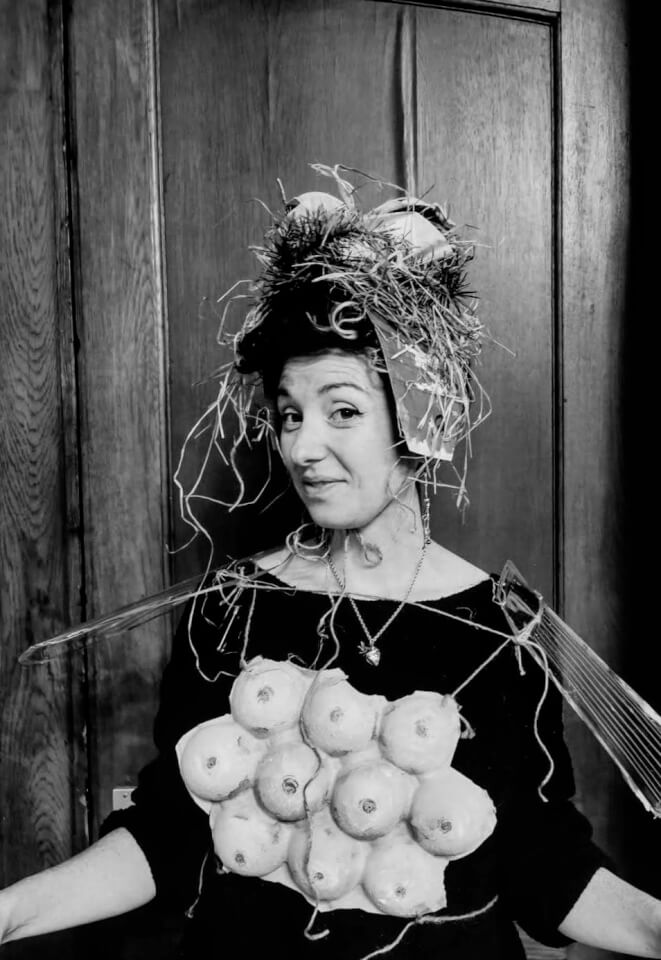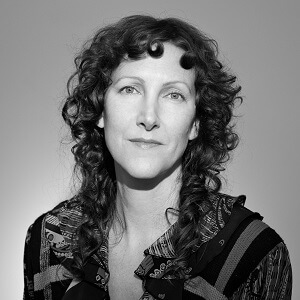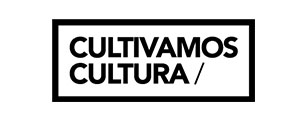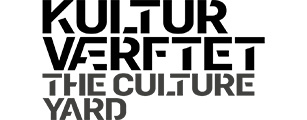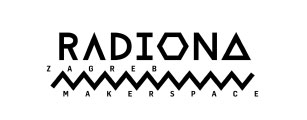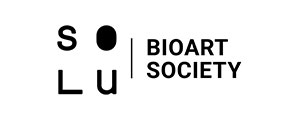TTTFellows
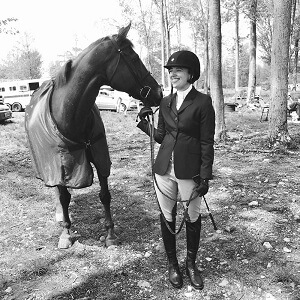
Heidi Hehnly-Chang obtained a BS in Biochemistry from the University of Rochester, Rochester, NY, in May 2003, followed by a PhD in Molecular Biophysics from the University of Iowa, Iowa City, IA, in June 2009. She then completed postdoctoral fellowships at the University of Massachusetts Medical School, Worcester, MA (NIH F32, NIH K99 awardee), in June 2014, and at the University of Washington, Seattle, WA (NIH K99 awardee), in July 2015.
Heidi Hehnly-Chang's lab, established in 2015, has made key contributions to the understanding of cellular mechanisms connecting cilia formation, cellular polarity, membrane traffic, and the centrosome to address our overarching question: how are ciliated tissues assembled during tissue development? Using in vitro cell culture or in vivo models (primarily D. rerio as well as C. elegans and murine models) we use a multifaceted strategy that combines cell biology, biochemistry, live cell imaging and high-resolution imaging assays, optogenetics, biosensor assays and other cutting edge molecular techniques.
Short Project Description
This speculative art project not only envisions a future where mammalian embryos can develop outside the uterus but also stimulates a broader discussion about the societal, ethical, and biological implications of such an advancement. By drawing comparisons with other species and collaborating with experts and institutions, we aim to create a multifaceted exploration that challenges our perceptions and imagines new possibilities for human development and societal structure.
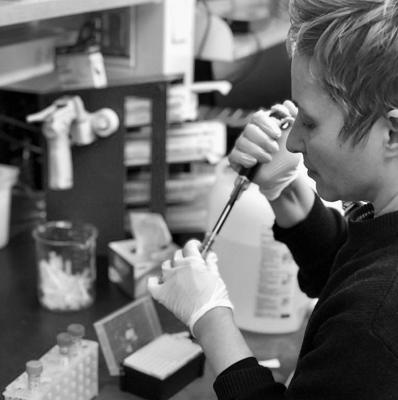
Boryana Rossa is a Professor, Associate Chair, at the Department of Film and Media Arts, at Syracuse University. In 2017 with Dr. Hehnly she established the Bio-Art Mixer, a collaborative public outreach program between art and biology, which brings together scientists and artists from different universities nationally and internationally, to share their research and initiate a collaboration. In 2021 it grew into The Bio Art Research Coalition of Syracuse (BARCS) which also involves residences, exhibitions, and teaching.
In 2012, Rossa finished her PhD on Post Cold -War Gender Performances. This research has been awarded Humanities, Arts and Social Sciences Grant at Rensselaer and was presented numerous times as a video installation entitled “After the Fall” at 5 th Thessaloniki Biennial (and is part of MOMus permanent collection); Coreana Museum, Seoul etc. Co-curated Sofia Queer Forum (since 2012); bio-art exhibition Corpus Extremus (Life+), Exit Art, New York, NY.
Short Project Description
Boryana Rossa's project will take the form of a lecture-performance drawing, mural, and video. The lecture-performance is inspired by mythological reproduction methods and compares them to current biotechnological advances. Rossa's exploration of these methods suggests possible ways of thinking about reproduction, hospitality and gender in a world where mythological propagation is not just a metaphor, but in many cases can be a technologically possible event.
TTToracles
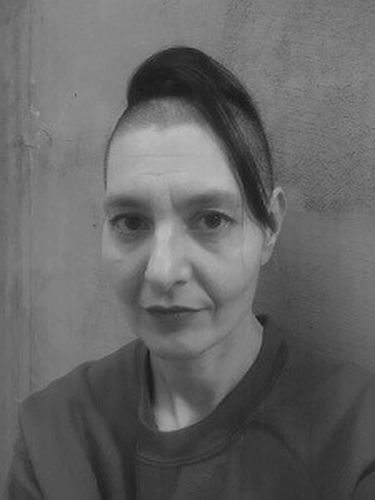
Dr. Sunčica Ostoić is an independent art theorist focusing on science, technology, and the body, holding a PhD in transdisciplinary studies. She guest lectures at the Academy of Fine Arts in Zagreb and co-founded NGO KONTEJNER, initiating and curating the Extravagant Bodies, Touch Me, and Device_art festivals.
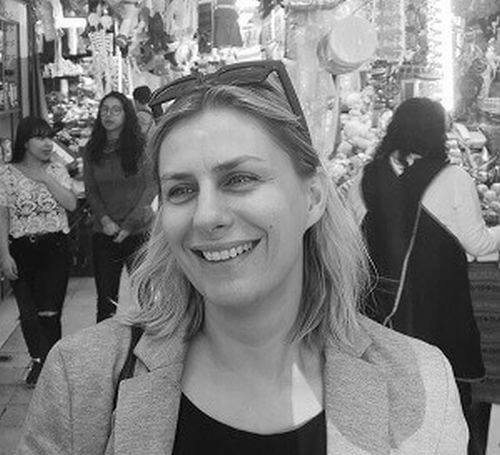
Dr. Olga Majcen Linn is an independent curator and researcher in art, science, and technology, and a guest lecturer at the Academy of Fine Arts in Zagreb. She holds a PhD in arts and media from the Faculty of Media and Communication, Belgrade. She co-founded NGO KONTEJNER / bureau of contemporary art praxis.
